My Account Details
South Carolina Advanced Placement,
Honors, and Electives
Chang, Chemistry, AP Edition, ©2023, 14e
Fully updated for lock-step alignment to the AP Chemistry Framework, this new edition retains a beloved traditional approach that balances rigorous college-level content with accessible and inspiring instruction designed for today's students. The program boasts a straightforward writing style, a strong focus on problem-solving strategies, and stunning artwork that grants students visual insight into topics and applications.
New Features for AP Success
- The program launches with a rigorous introduction to AP Units and Science Practices, providing key context for upcoming material.
- AP Chapter Openers, Chapter Summaries, and AP Chapter Reviews distill the most important content and concepts.
- A unique program design provides visually links each chapters to the AP Chemistry Curriculum Framework.
- Thinking Critically prompts accompany boxed features to provide opportunities for students to demonstrate their reasoning skills.
- Step-by-step example questions and guided practice problems highlight intermediate steps in problem solving.
- An AP Teacher Manual, available in print and online, includes classroom activities, pacing guides, lab activities, AP test banks, practice exams, and directives for using the AP Chemistry Laboratory Manual.
- A robust digital platform includes SmartBook, an AP Unit Review eBooks, AP test prep, and practice exams.
- Introduction to AP Chemistry
- Atoms, Ions, and Molecules
- Mass Relationships in Chemical Reactions
- Reactions in Aqueous Solutions
- Gases
- Thermochemistry
- Quantum Theory and the Electronic Structure of Atoms
- Periodic Relationships Among the Elements
- Compounds and Bonding
- Structure and Bonding Theories
- Intermolecular Forces and Liquids and Solids
- Physical Properties of Solutions
- Chemical Kinetics
- Chemical Equilibrium
- Acids and Bases
- Acid-Base Equilibria and Solubility Equilibria
- Entropy, Gibbs Energy, and Equilibrium
- Electrochemistry
- Nuclear Chemistry
- Chemistry in the Atmosphere
- Metallurgy and the Chemistry of Metals
- Nonmetallic Elements and Their Compounds
- Coordination Chemistry
- Organic Chemistry
- Synthetic and Natural Organic Polymers
Raymond Chang was born in Hong Kong and grew up in Shanghai and Hong Kong. He received his B.Sc. degree in chemistry from London University, and his PhD in chemistry from Yale University. After doing postdoctoral research at Washington University and teaching for a year at Hunter College of the City University of New York, he joined the chemistry department at Williams College. Professor Chang served on the American Chemical Society Examination Committee, the National Chemistry Olympiad Examination, and the Graduate Record Examination (GRE) Committee. Chang has written books on physical chemistry, industrial chemistry, and physical science. He has also coauthored books on the Chinese language, children’s picture books, and a novel for young readers.
Jason Overby was born in Bowling Green, Kentucky, and was raised in Clarksville, Tennessee. He received his BS in chemistry and political science from the University of Tennessee at Martin. After obtaining his PhD in inorganic chemistry from Vanderbilt University, Overby conducted postdoctoral research at Dartmouth College. Since joining the Department of Chemistry and Biochemistry at the College of Charleston, South Carolina, Overby has taught a variety of courses, ranging from general chemistry to advanced inorganic chemistry. He is also interested in the integration of technology into the classroom, with a particular focus on adaptive learning. Additionally, he conducts research with undergraduates in inorganic and organic synthetic chemistry, as well as computational organometallic chemistry. In his free time, he enjoys boating, bowling, and cooking. He is also involved with USA Swimming as a nationally certified starter and stroke-and-turn official. He lives in South Carolina with his wife, Robin, and two daughters, Emma and Sarah.
Bentley, Traditions & Encounters: A Global Perspective on the Past, AP Edition, ©2023, 7e
The 7th edition of Traditions & Encounters: A Global Perspective on the Past fully aligns with the AP World History: Modern Framework and supports mastery of knowledge and skills students require for success in the course and on the AP Exam. Accessible to students at all levels, the narrative is brought to life through compelling features, rich visuals, images, and graphics.
Retaining the text's thematic perspective and informed by the most recent scholarship, Traditions & Encounters has been organized to reflect the chronological time periods, historical thinking skills, and reasoning processes in the AP Framework.
- A new introductory chapter presents a thematic overview of world history before 1200 to provide context.br>
- Connections are presented to illustrate continuities and changes across time periods.
- Students are led to analyze historical sources and evidence as they interpret, draw inferences from, and evaluate a variety of primary and secondary sources, and gain an understanding of the context and connections among events.
- End of Part document-based questions presents 7 text and visual sources from the Part time frame that represent multiple contexts and perspectives for students to analyze and synthesize.
- AP-style practice and AP test prep match the question type, style, and rigor of the Exam.
- The AP Teacher Manual, available in print and online, supports teaching the themes and skills within the Modern time span.
Powerful Digital Resources and AP-Aligned Instruction
- Online study tools engage students and personalize the learning for AP success. The dynamic digital resources include:
- An eBook and SmartBook® with instruction and assessments that reflect the Framework’s timespan and themes.
- Targeted recommendations that focus students on concepts and content that require additional study.
- Coverage and activities that focus on pre-1200 time periods to prepare students for the start date of the World History: Modern curriculum.
- A Primary Source Library, organized by chapter, for in-depth analysis and interpretation.
- AP-style test practice that reflects the actual Exam and real-time progress reports to help students monitor their own progress.
Part 1: The Global Tapestry and Networks of Exchange (1200-1450)
Chapter 1: The Resurgence of Empire in East Asia
Chapter 2: The Expansive Realm of Islam
Chapter 3: India and the Indian Ocean Basin
Chapter 4: Eastern and Western Europe in the Early Medieval Period
Chapter 5: Nomadic Empires and Eurasian Integration
Chapter 6: States and Societies of Sub-Saharan Africa
Chapter 7: The Increasing Integration of Europe with the Wider World
Chapter 8: Worlds Apart: The Americas and Oceania
Part 2: Land-Based Empires and Transoceanic Empires (1450-1750)
Chapter 9: Expanding Horizons of Cross-Cultural Interaction
Chapter 10: Transoceanic Encounters and Global Connections
Chapter 11: The Transformation of Europe
Chapter 12: The Integration of the Americas and Oceania with the Wider World
Chapter 13: Africa and the Atlantic World
Chapter 14: Tradition and Change in East Asia
Chapter 15: Empires in the South and Southwest
Part 3: Revolutions and Consequences of Industrialization (1750-1900)
Chapter 16: Revolutions and National States in the Atlantic World
Chapter 17: The Making of Industrial Society
Chapter 18: The Americas in the Age of Independence
Chapter 19: Societies at Crossroads
Chapter 20: The Apex of Global Empire Building
Part 4: Global Conflict, Cold War and Decolonization, and Globalization (1900 to present)
Chapter 21: The Great War: The World in Upheaval
Chapter 22: Anxieties and Experiments in Postwar Europe and the United States
Chapter 23: Revolutionaries and Nationalists in the Colonial and Neocolonial World
Chapter 24: New Conflagrations: World War II and the Cold War
Chapter 25: The End of Empire in an Era of Cold War
Chapter 26: Into the Twenty-First Century
Jerry H. Bentley was professor of history at the University of Hawai`i and editor of the Journal of World History. His research on the religious, moral, and political writings of the Renaissance led to the publication of Humanists and Holy Writ: New Testament Scholarship in the Renaissance (Princeton, 1983) and Politics and Culture in Renaissance Naples (Princeton, 1987). More recently, his research was concentrated on global history and particularly on processes of cross-cultural interaction. His book Old World Encounters: Cross-Cultural Contacts and Exchanges in Pre-Modern Times (New York, 1993) examines processes of cultural exchange and religious conversion before the modern era, and his pamphlet Shapes of World History in Twentieth-Century Scholarship (1996) discusses the historiography of world history. His most recent publication is The Oxford Handbook of World History (Oxford, 2011), and he served as a member of the editorial team preparing the forthcoming Cambridge History of the World. Jerry Bentley passed away in 2012, although his legacy lives on through his significant contributions to the study of world history. The World History Association recently named an annual prize in his honor for outstanding publications in the field.
Herbert F. Ziegler is an associate professor of history at the University of Hawai`i. He has taught world history since 1980. He has previously served as director of the world history program at the University of Hawai`I, as well as book review editor of the Journal of World History. His interest in twentieth-century European social and political history led to the publication of Nazi Germany’s New Aristocracy: The SS Leadership, 1925–1939 (Princeton, 1990) and to his participation in new educational endeavors in the history of the Holocaust, including the development of an upper-division course for undergraduates. At present, he is working on a study that explores, from a global point of view, the demographic trends of the past ten thousand years, along with their concomitant technological, economic, and social developments. His other current research project focuses on the application of complexity theory to a comparative study of societies and their internal dynamics.
Heather E. Streets-Salter is an associate professor of history at Northeastern University, where she is the director of world history programs. She is the author of Martial Races: The Military, Martial Races, and Masculinity in British Imperial Culture, 1857–1914 (2004), and Modern Imperialism and Colonialism: A Global Perspective (2010) with Trevor Getz. Her current research explores imperialism and colonialism as global phenomena through a focus on the administrative, political, and ideological networks that existed among French Indochina, the Dutch East Indies, and British Malaya, between 1890 and 1940.
Contributor Craig Benjamin (PhD, Macquarie University) is an associate professor of history in the Meijer Honors College at Grand Valley State University in Michigan. Benjamin is a frequent presenter of lectures at conferences worldwide and is the author of numerous publications, including books, chapters, and essays, on ancient Central Asian history, big history, and world history. In addition, Benjamin has presented and recorded lectures for the History Channel, The Teaching Company, Scientific American, and the Big History Project. He is currently a co-chair of the Advanced Placement World History Test Development Committee, president of the World History Association (2014–2015) and has been treasurer of the International Big History Association since its inception in January 2011.
Mader, Biology, ©2022, 14e
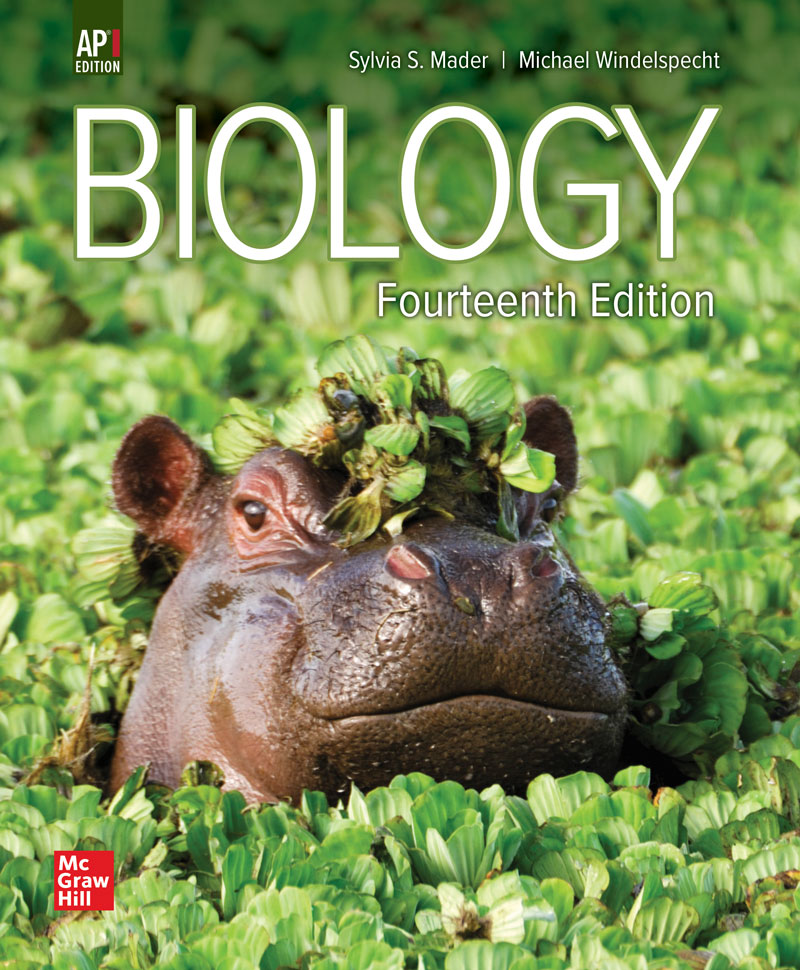
Trusted by educators to support AP success, Mader's Biology blends engaging instruction with approachable material that is accessible for diverse learners. A respected voice in the field of biology, author Sylvia Mader encourages students to explore the subject with inquiring minds. Her easy-to-understand writing style allows the unified nature of biology to brilliantly unfold on the page. Stunning, illustrative artwork and photos work together with powerful pedagogical tools to support and enhance key concepts. Mader Biology is fully aligned—in print and digital—to the College Board’s AP Curriculum Framework. Features include:
- An AP Introductory Chapter and AP Unit Openers that detail how chapters within the unit align to the Framework.
- AP Chapter Openers that address the AP units and AP topics covered in each chapter.
- High-interest, boxed features to reinforce the AP Big Ideas.
- End-of-section “AP Check Your Progress” reviews.
- AP Unit Review Guides to reinforce concepts in the context of the course and Exam.
- AP Chapter summaries and AP Assessments with multiple-choice and free-response questions correlated to the topics and learning objectives in each chapter.
- AP Test Prep with interactive Unit Reviews covering 65 topics organized around the Framework.
- Two full AP practice exams.
- Virtual labs.
- An AP Edition eBook and SmartBook® that delivers adaptive, personalized reading experience anytime, anywhere.
- Two complete Teacher Manuals, one traditional and an alternate organized around the College Board AP Units.
- CHAPTER 1 Biology: The Study of Life
Unit 1 The Cell
- CHAPTER 2 Basic Chemistry
- CHAPTER 3 The Chemistry of Organic Molecules
- CHAPTER 4 Cell Structure and Function
- CHAPTER 5 Membrane Structure and Function
- CHAPTER 6 Metabolism: Energy and Enzymes
- CHAPTER 7 Photosynthesis
- CHAPTER 8 Cellular Respiration
Unit 2 Genetic Basis of Life
- CHAPTER 9 The Cell Cycle and Cellular Reproduction
- CHAPTER 10 Meiosis and Sexual Reproduction
- CHAPTER 11 Mendelian Patterns of Inheritance
- CHAPTER 12 Molecular Biology of the Gene
- CHAPTER 13 Regulation of Gene Expression
- CHAPTER 14 Biotechnology and Genomics
Unit 3 Evolution
- CHAPTER 15 Darwin and Evolution
- CHAPTER 16 How Populations Evolve
- CHAPTER 17 Speciation and Macroevolution
- CHAPTER 18 The Origin and History of Life
- CHAPTER 19 Taxonomy, Systematics, and Phylogeny
Unit 4 Microbial Evolution
- CHAPTER 20 Viruses, Bacteria, and Archaea
- CHAPTER 21 Protist Evolution and Diversity
- CHAPTER 22 Fungi Evolution and Diversity
Unit 5 Plant Evolution and Biology
- CHAPTER 23 Plant Evolution and Diversity
- CHAPTER 24 Flowering Plants: Structure and Organization
- CHAPTER 25 Flowering Plants: Nutrition and Transport
- CHAPTER 26 Flowering Plants: Control of Growth Responses
- CHAPTER 27 Flowering Plants: Reproduction
Unit 6 Animal Evolution and Diversity
- CHAPTER 28 Invertebrate Evolution
- CHAPTER 29 Vertebrate Evolution
- CHAPTER 30 Human Evolution
Unit 7 Comparative Animal Biology
- CHAPTER 31 Animal Organization and Homeostasis
- CHAPTER 32 Circulation and Cardiovascular Systems
- CHAPTER 33 The Lymphatic and Immune System
- CHAPTER 34 Digestive Systems and Nutrition
- CHAPTER 35 Respiratory Systems
- CHAPTER 36 Body Fluid Regulation and Excretory Systems
- CHAPTER 37 Neurons and Nervous Systems
- CHAPTER 38 Sense Organs
- CHAPTER 39 Locomotion and Support Systems
- CHAPTER 40 Hormones and Endocrine Systems
- CHAPTER 41 Reproductive Systems
- CHAPTER 42 Animal Development and Aging
- CHAPTER 43 Animal Behavior
Unit 8 Ecology
- CHAPTER 44 Population Ecology
- CHAPTER 45 Community and Ecosystem Ecology
- CHAPTER 46 Major Ecosystems of the Biosphere
- CHAPTER 47 Conservation of Biodiversity
Sylvia S. Mader
Sylvia S. Mader has authored several nationally recognized biology texts published by McGraw Hill. Educated at Bryn Mawr College, Harvard University, Tufts University, and Nova Southeastern University, she holds degrees in both biology and education. Over the years, she has taught at the University of Massachusetts, Lowell; Massachusetts Bay Community College; Suffolk University; and Nathan Mayhew Seminars. Her ability to reach out to science-shy students led to the writing of her first text, Inquiry into Life, which is now in its fifteenth edition. Highly acclaimed for her crisp and entertaining writing style, her books have become models for others who write in the field of biology.
Michael Windelspecht
As an educator, Dr. Windelspecht has taught introductory biology, genetics, and human genetics in the online, traditional, and hybrid environments at community colleges, comprehensive universities, and military institutions. For over a decade, he served as the Introductory Biology Coordinator at Appalachian State University, where he directed a program that enrolled over 4,500 students annually.
He received degrees from Michigan State University (B.S. in Zoology–Genetics) and the University of South Florida (Ph.D. in Evolutionary Genetics) and has published papers in areas as diverse as science education, water quality, and the evolution of insecticide resistance. His current interests are in the analysis of data from digital learning platforms for the development of personalized microlearning assets and next-generation publication platforms. He is currently a member of the National Association of Science Writers and several science education associations. He has served as the keynote speaker on the development of multimedia resources for online and hybrid science classrooms. In 2015 he won the DevLearn HyperDrive competition for a strategy to integrate student data into the textbook revision process.
As an author and editor, Dr. Windelspecht has over 20 reference textbooks and multiple print and online lab manuals. He has founded several science communication companies, including Ricochet Creative Productions, which actively develops and assesses new technologies for the science classroom. You can learn more about Dr. Windelspecht by visiting his website at www.michaelwindelspecht.com.
AP CONTRIBUTORS
AP Edition Content Consultant
Julie Zedalis has taught AP Biology for nearly 30 years. In 2004 and then again in 2005, her AP students were recognized for receiving the highest AP exam scores in the nation. Julie sat on the commission of 12 tasked with redesigning the AP Biology curriculum and co-chaired the Development Committee for three years. She has produced a variety of instructional materials for the College Board, including the AP Biology Lab Manual. In addition to these credentials, Julie has served as an AP Biology Exam reader and has been a presenter at both the AP Annual Conference and NABT.
AP Edition Chapter Assessment Writer
Leslie Haines received her B.S. in Zoology from Duke University and her MAT in Science Education from UNC-Chapel Hill. Leslie has taught marine science, pre-AP, and AP Biology for 30 years at Walter Williams High School in Burlington, North Carolina. She has served as an AP Biology Exam reader for 22 years and as a table leader for the last 15 years. Currently, she serves as a biology consultant for the College Board. Leslie has made presentations for the College Board, National Geographic Society, and the North Carolina Museum of Natural Sciences at various locations in the southeast. In 2006, the National Association of Biology Teachers named Leslie Outstanding Biology Teacher for North Carolina. Leslie has held National Board Certification Science since 1996.
Focus Review Guide AP Consultant
Darrel James received his B.S. in Biology from Pacific University in Oregon and his M.S. in Marine Science from Oregon State. He taught Biology for thirty years and is presently teaching at Beyer High School in Modesto, CA. Darrel teaches Pre-AP as well as AP Biology and is the department chairperson. Darrel has served as a reader, table leader, and assistant chief reader for the AP Biology exam since 1990. He has led numerous one-day AP Biology curriculum and grading workshops for the College Board, and he has presented week-long institutes for the past twenty-four summers. Darrel is a member of the California Commission on Science and Technology. He is the vice-chair of the California Teachers Advisory Council that is an arm of the CCST, which advises the state on STEM and digitally enhanced education.
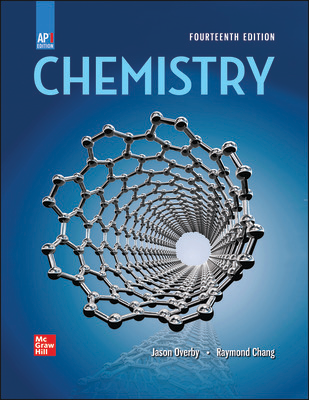
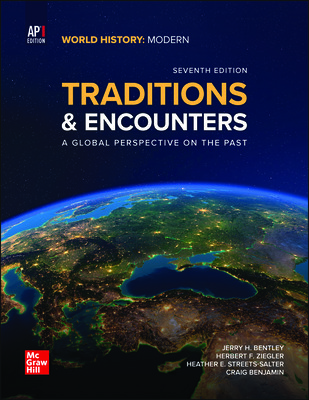














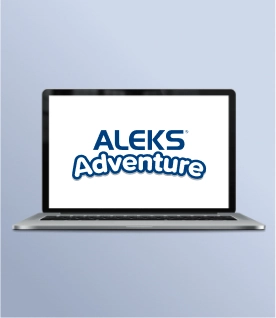
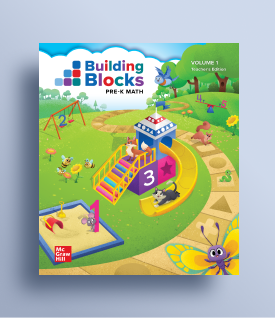
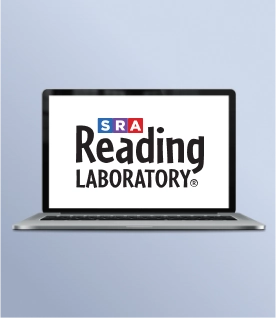
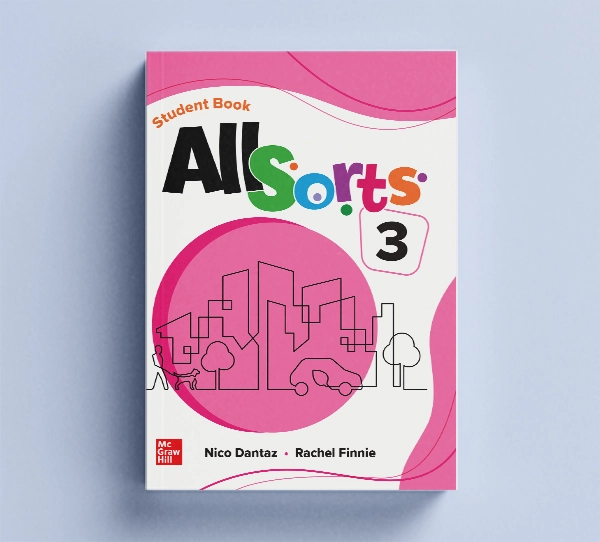










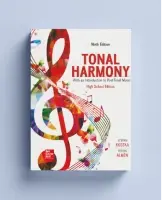
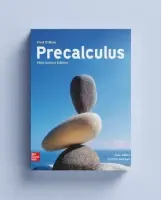

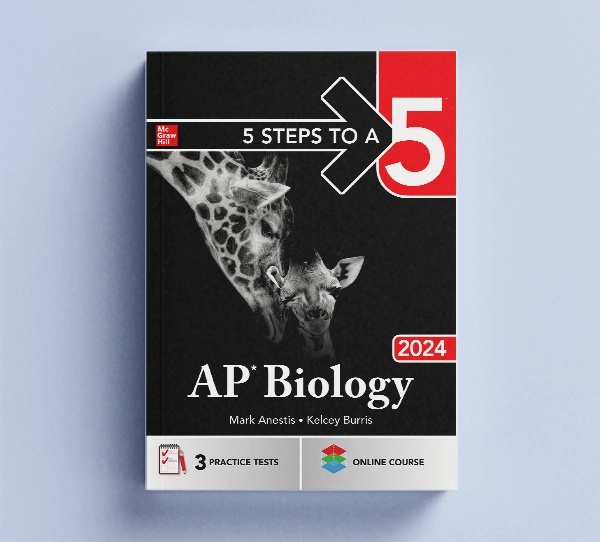
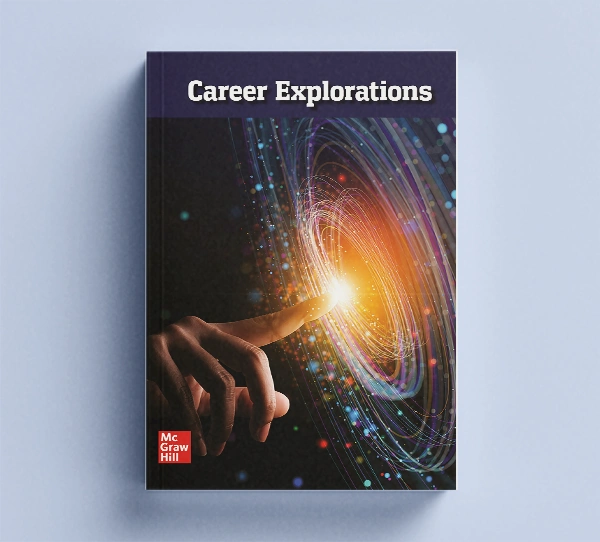
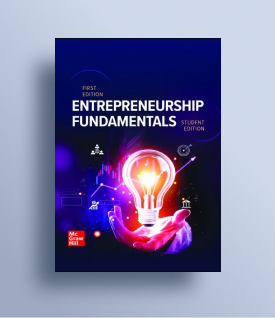
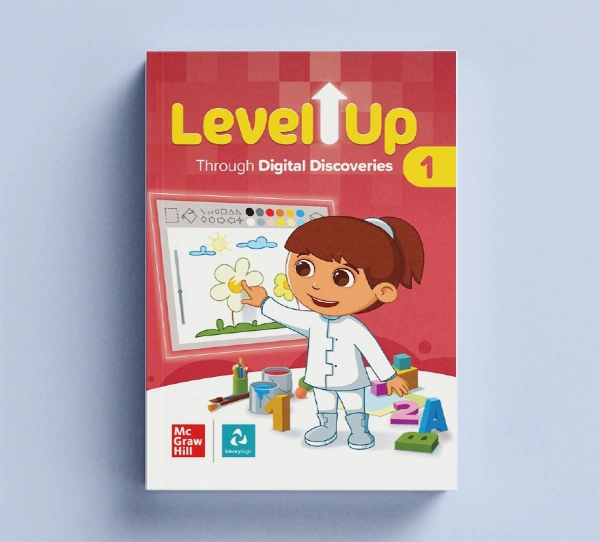
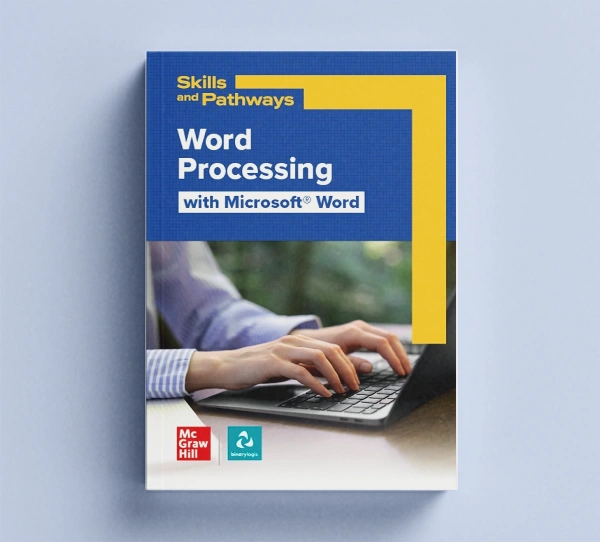
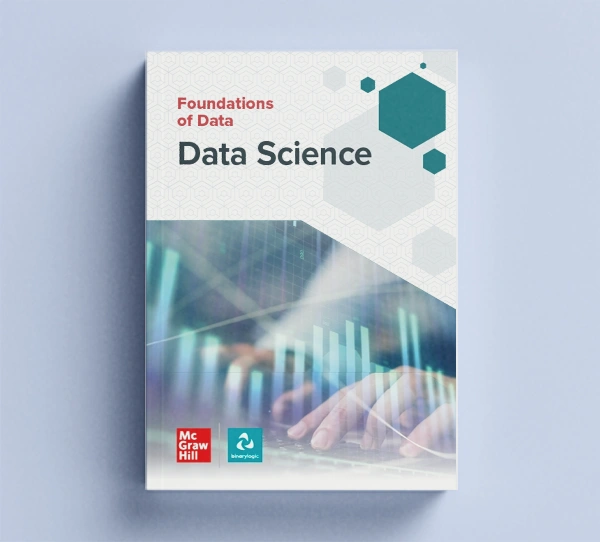
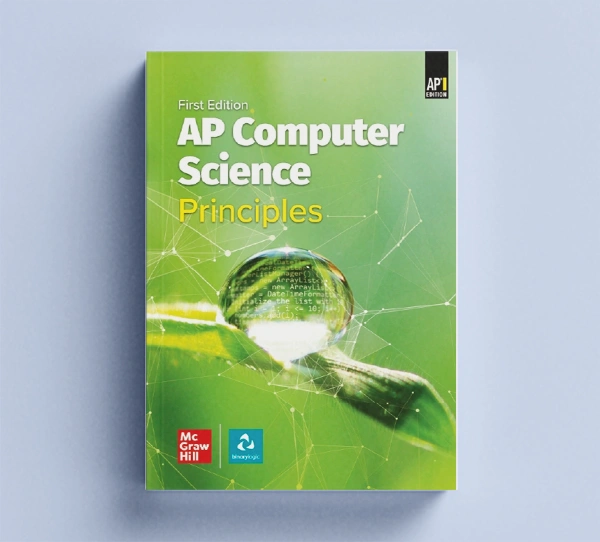
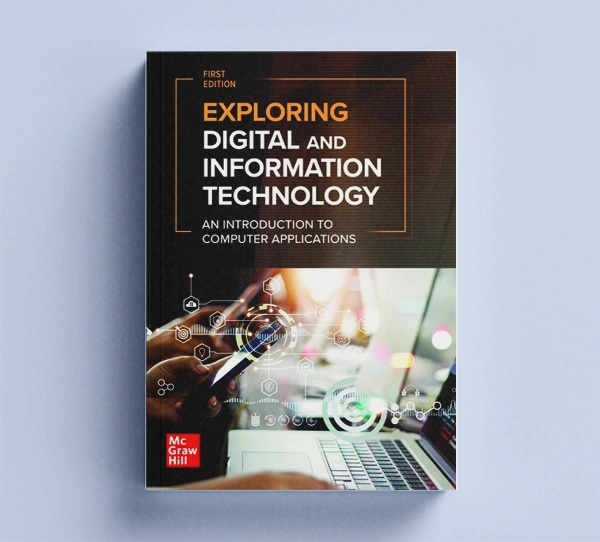
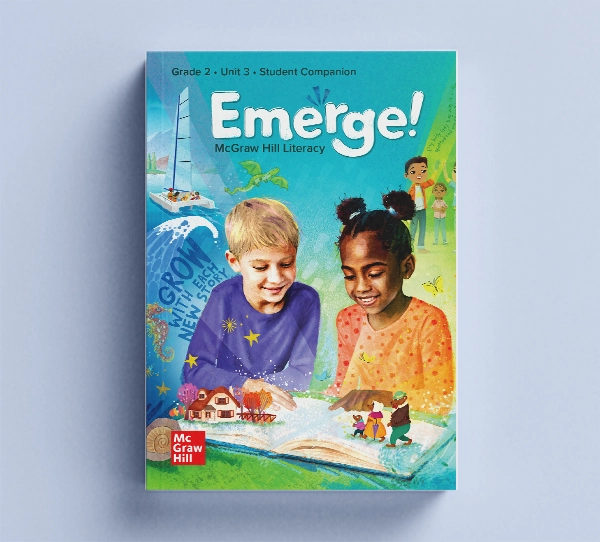



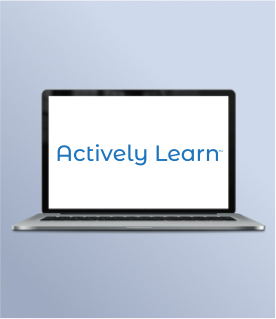


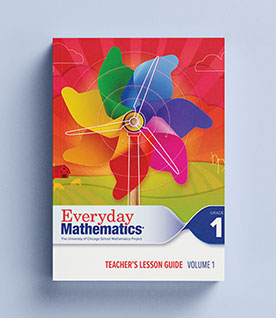




Social Studies
View all Social Studies Programs
IMPACT (K–5)
Actively Learn (3–12)
New Social Studies (6–12)
Networks (6–12)